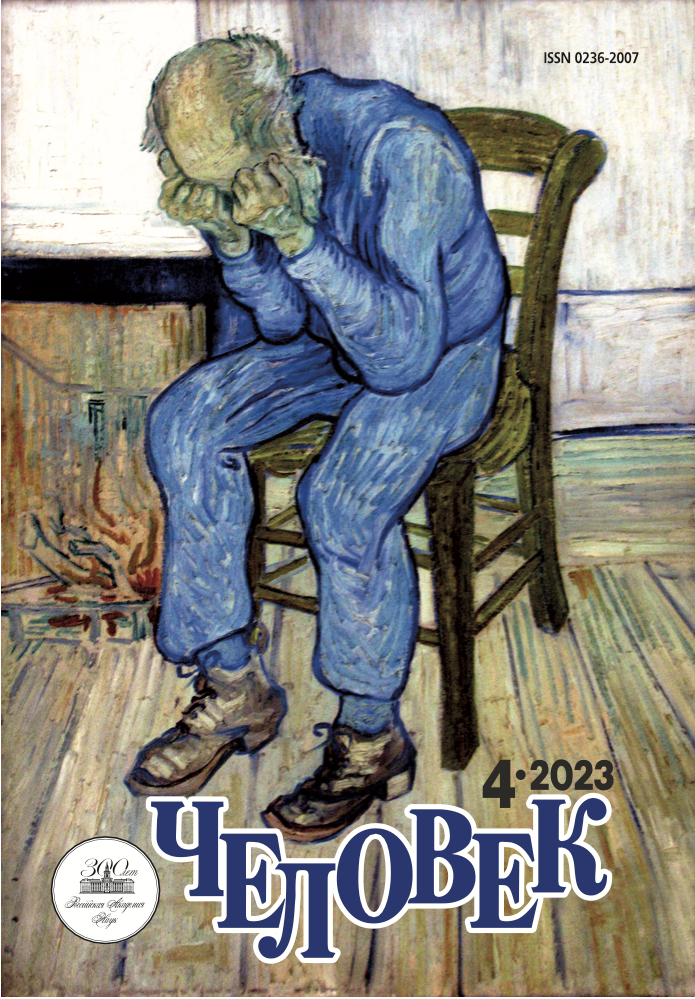The Self-help Practices of Students During the Period of “Emerging Adulthood” in the Context of the COVID-19 Pandemic and Their Relation to a Personality’s Subjective Well-being
Keywords:
subjective well-being, stress, difficult real-life situations, self-help practices, emerging adulthood, students, COVID-19 pandemicAbstract
This study aims to investigate the self-help practices of students in the context of the COVID-19 pandemic and their relation to a personality’s subjective well-being during the period of “emerging adulthood”. The relevance of the research is determined by high psychical, intellectual, and psycho-emotional loads, especially in the context of COVID-19 pandemic, which makes special demands on resources to cope with them. The sample of the study consists of college students, undergraduate students, master’s degree and PhD students. We tested the hypothesis that self-help practices in difficult real-life situations is depending on the subjective well-being level. The study respondents are aged 16-29 (M = 21, SD = 3.45), 201 are female and 78 are male. We use “Mental Health Continuum” and an open question about preferred self-help practices. The study identified six categories of practices: Self-support practices and self-reliance; Social support: “significant” others and people in the same situation; Institutional support: teachers and mentors; Psychological assistance: psychotherapists and services; Contextual and situational factors and No need for help. At the same time, the differences between the groups of high and low subjective well-being levels are not statistically significant. The only category, the frequency of which significantly predominates among the more prosperous, is “Institutional support: teachers and mentors”. The research results can be used in training programs to improve the level of subjective well-being of students and support programs in coping with difficulties.






